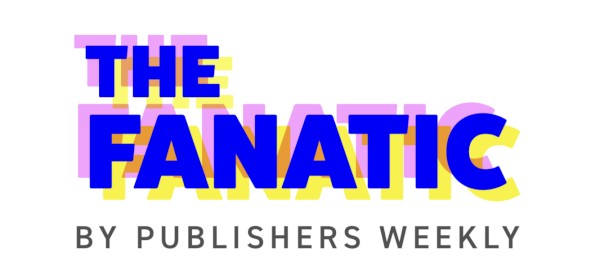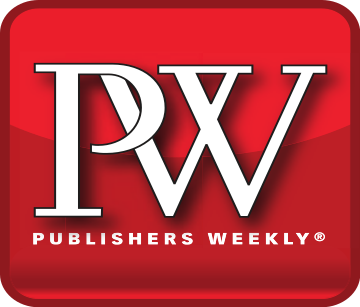 Publishing Talks began as a series of conversations with book industry professionals and others involved in media and technology, mostly talking about the future of publishing, books, and culture. I’ve spent time talking with people in the book industry about how publishing is evolving in the context of technology, culture, and economics.
Publishing Talks began as a series of conversations with book industry professionals and others involved in media and technology, mostly talking about the future of publishing, books, and culture. I’ve spent time talking with people in the book industry about how publishing is evolving in the context of technology, culture, and economics.
Some years ago, this series broadened to include conversations that go beyond the future of publishing. In an effort to document the literary world, I’ve talked with a variety of editors, publishers and others who have been innovators and leaders in independent publishing in the past and into the present.
These conversations have been inspirational to me on many levels. I have gotten to speak with visionaries and entrepreneurs, as well as editors and publishers who have influenced and changed contemporary literature and culture. I’ve also had the opportunity to speak with a number of friends and colleagues I have met over the many years I have been in the book business.
2022 is the 150th anniversary of Publishers Weekly, the essential trade magazine of the book industry. The magazine was founded in 1872, and the fact that it has not just survived, but thrived for most of the many years it has been published says something about both the book industry and the people who have been part of its trade media.
Just as it has done for so many magazines, the digital era has meant change for Publishers Weekly, and credit is due to current ownership for guiding it successfully through very difficult times. Those of us who have been around the book business for a long time remember PW as it is ubiquitously called, when it had a lot more pages than it does today, and when it was literally the only way to get news about publishing and bookselling in one reliable place. Now the print magazine is relatively short, most of us consume it digitally, and the magazine’s products and revenues are radically different from what they were just a few years ago, including a variety of newsletters, podcasts and other digital products.
George Slowik, Jr. is the owner of the magazine’s parent company, PWxyz, LLC. Slowik had been the publisher of the magazine from 1990-1993 and later ran the excellent magazine, American Prospect, and then in 2010 he bought it from its then owner, Reed Business Information, which was in the process of selling off its entire portfolio of publications.
When Publishers Weekly was originally launched it was the bibliographical source commercial publishers used to list their forthcoming titles for booksellers. The book business was relatively small at that time, with most publishers clustered in a few cities, especially New York and Boston. Over the many years it was in business, the magazine expanded to provide news and stories about the publishing industry, and today, while the industry and the media that serves it have grown, it still is an essential source of title data, publishing over 9,000 book reviews annually at a time when book reviews are more needed than ever.
In this podcast we talked about the magazine’s history, the creation of the digital archive of its entire run, activities around the 150th anniversary year, the past, present and future state of publishing, and much more.
Even if you are not an active participant in the book industry, the history of publishing is valuable to know about as it is in many ways the history of modern culture. You can learn more about Publishers Weekly and sign up for their free email newsletters, at their website. 


The post Publishing Talks: Interview with George Slowik, Jr. of Publishers Weekly first appeared on WritersCast.
